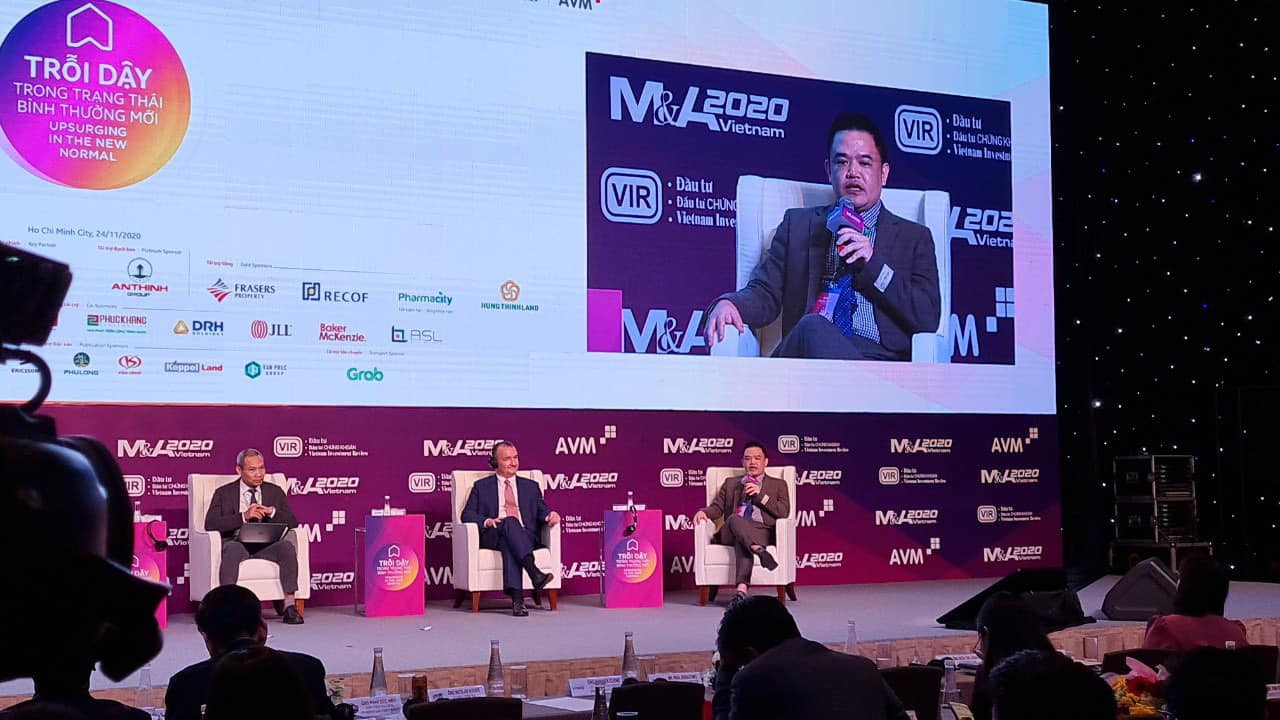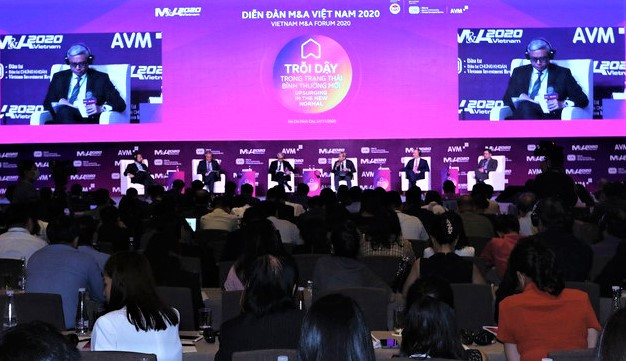In recent years, Vietnam has been actively improving investment policies as well as enhancing the legal framework for M&A activities. Besides, Vietnam is also one of the countries that have been able to control the Covid-19 epidemic, which create a safer environment for foreign investors. From there, this contributes to promoting foreign investors to Vietnam to look for projects, especially in the real estate sector, to invest through M&A activities. However, investment policy and legal corridors still need to be improved on the M&A activity in order to attract investment capital and make it safe to perform in Vietnam.
Firstly, despite implementing amendments to laws and issuing more open policies to attract investment capital to improve M&A activities, there are still many shortcomings that make investors afraid to invest in Vietnam in this form. The provisions of the law on M&A are scattered and overlapping in legal documents such as the Enterprise Law, Investment Law and Competition Law, and there are no unified regulations that make the implementation of M&A activities meet many difficulties. In order to move towards the development of M&A activities, Vietnam needs to build a unified legal corridor system for this activity, thereby creating peace of mind for investors in the process of implementing these deals with clearly regulations on the management, responsibilities and interests of entities participating in M&A deals.

Secondly, some unclear provisions of the Competition Law are considered a barrier to the implementation of M&A deals in Vietnam, especially there is no unified and clear definition and guidance on the term “related market ”. This makes the decisions of the authorities still very subjective, causing investors to face many potential risks in M&A deals. Therefore, it is necessary to have documents guiding the application of the definition of “relevant market” in order for investors to avoid these risks.
Thirdly, to conduct M&A activities, it is very important to identify potential target companies that meet the requirements and desires of investors. In the Vietnamese market, information about the business that investors are aiming for is very limited, especially in the real estate sector. Meanwhile, the target companies often hide unfavorable business information, debts or disputes or lawsuits, putting investors at risk when they do not know the information from the company they are intended to invest. Therefore, it is necessary to promulgate a policy of the State to create a transparent disclosed information system as well as reliable tools for investors to collect information to avoid disadvantages when participating in M&A activities.

Fourthly, the procedure for approving M&A transactions in Vietnam is also quite cumbersome, as most transactions need to be approved by the competent authority. The approval process in practice can take up to many months, especially, if the M&A is related to a conditional business, it will take longer because it has to wait for many different authorities to approve. Therefore, cumbersome procedures need to be removed and reduced to facilitate foreign investors in Vietnam.
The Covid-19 pandemic has created many challenges and also created many opportunities for the Vietnamese economy. If the above problems are solved, Vietnam is expected to have a breakthrough after its economy has gradually recovered.
ASL LAW is M&A law firm in Vietnam. If you need any inquiry, please contact us.

 Tiếng Việt
Tiếng Việt 中文 (中国)
中文 (中国) 日本語
日本語

